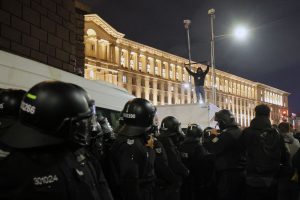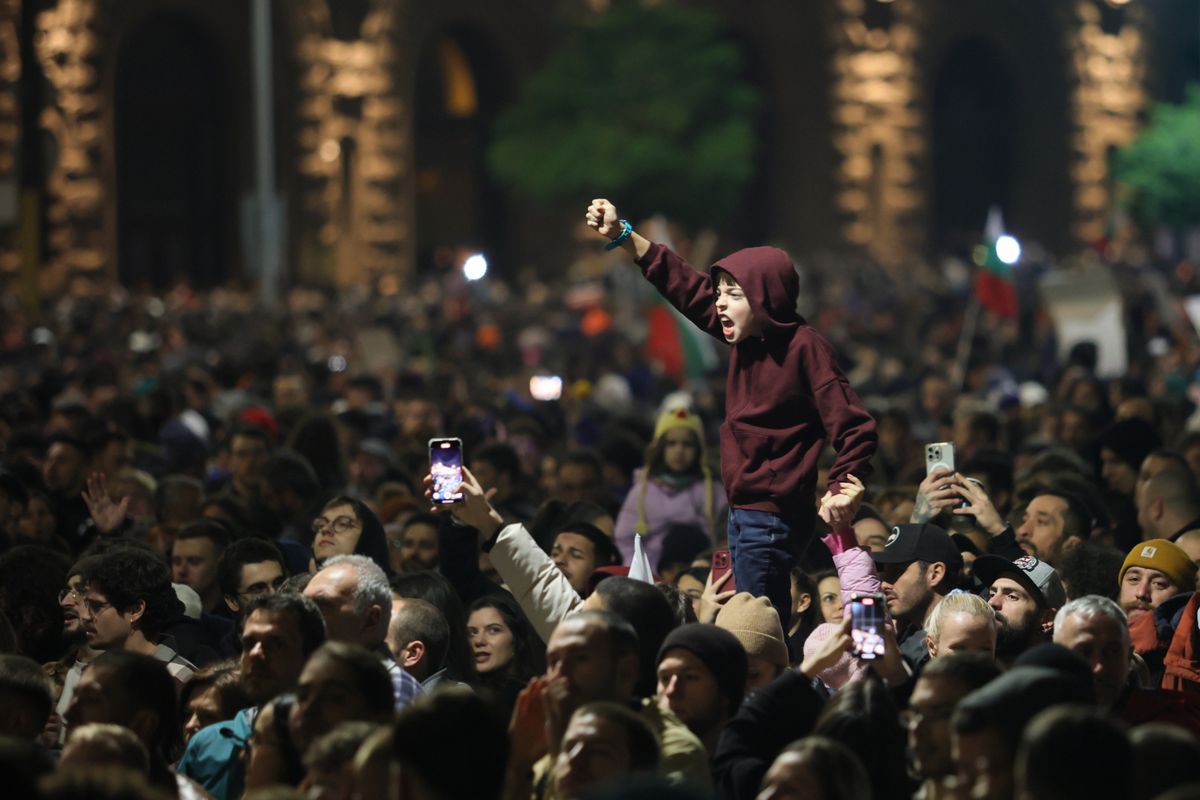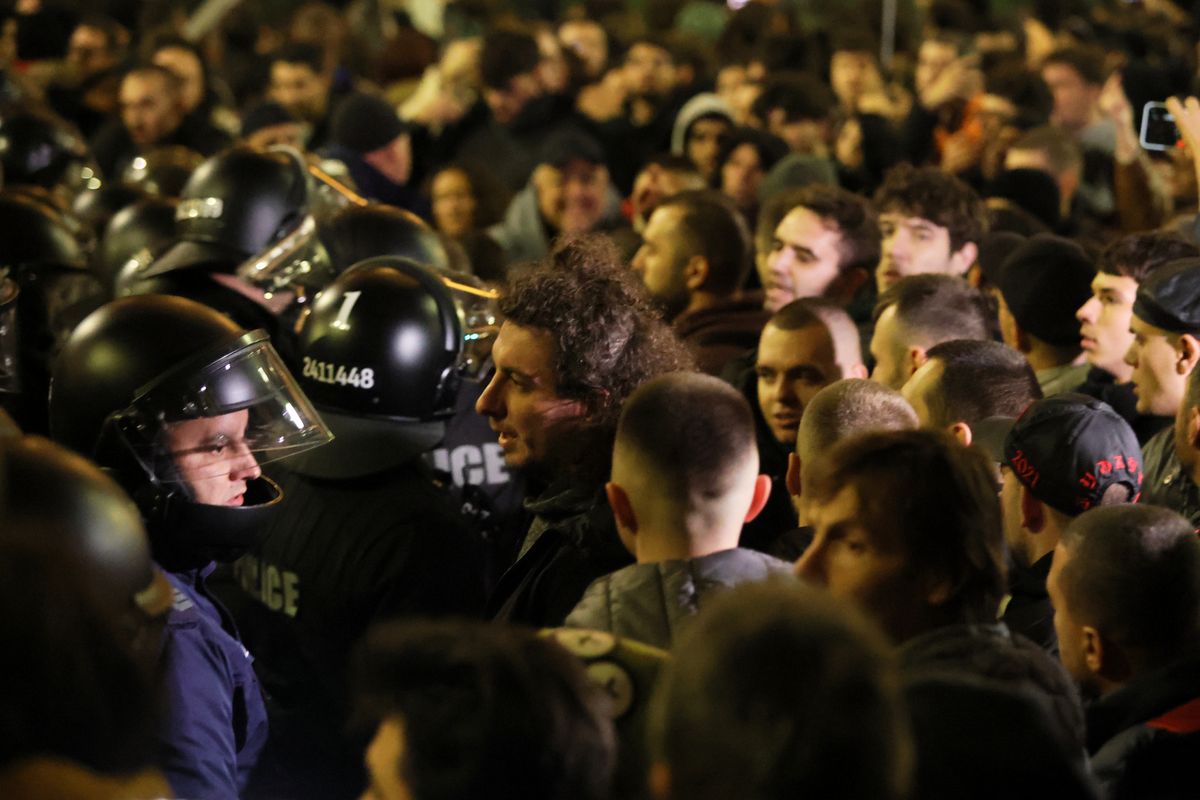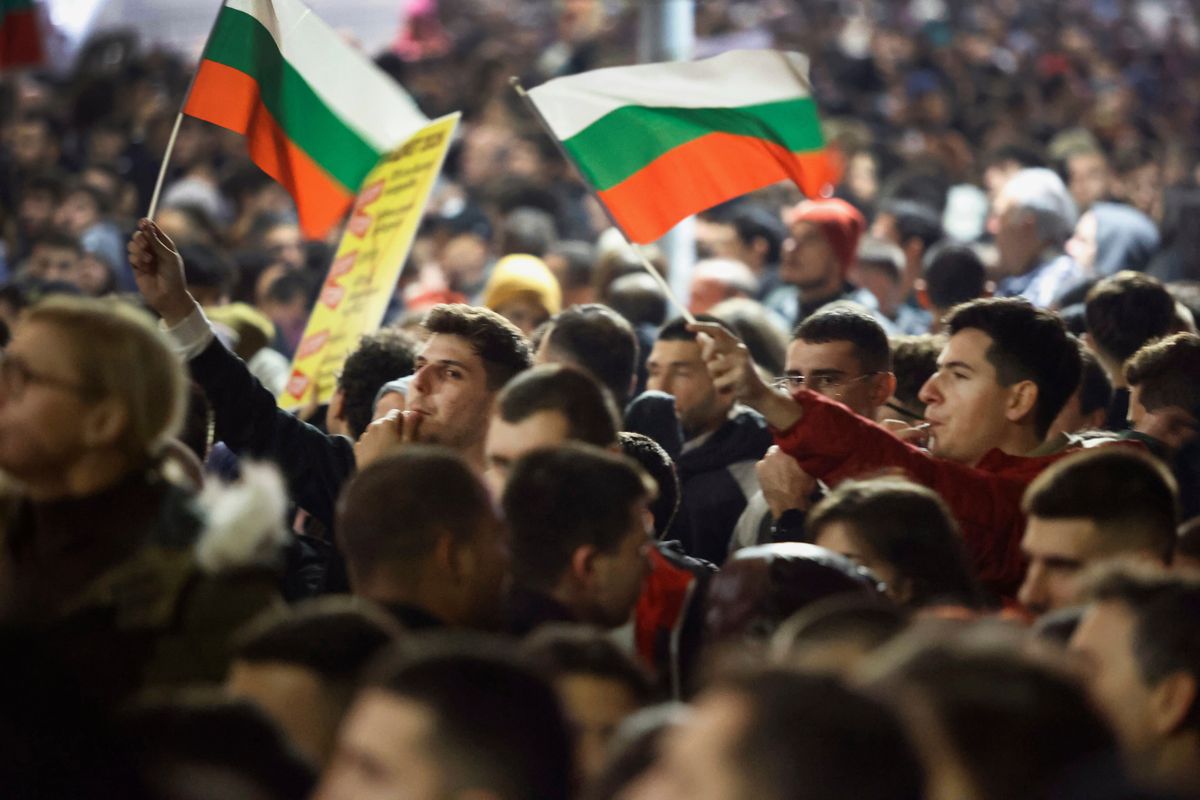SOFIA, Bulgaria (AP) — Bulgaria’s government announced Thursday that it is withdrawing its 2026 draft budget, following street protests at home over steep tax increases included in the budget, and warnings from abroad.
The surprise move was announced by the leader of the ruling center-right GERB party, Boyko Borissov, who asked the government to restore dialogue with employers and labor unions to reach consensus on the state finances. The turmoil surrounding the budget comes as the Balkan country prepares to join the euro currency union next year.
The protests have reflected widespread concern over the budget’s economic impact on individuals and businesses. The disputed budget included increases in social security contributions and the doubling of the dividend tax.
Prime Minister Rosen Zhelyazkov said that the budget, which had already been approved on a first reading in parliament, will be revised after talks with social partners and opposition parties to iron out its “defects.”
“The new budget package should keep things balanced and match the goals of the parties in the government coalition. This will make sure that Bulgaria can join the euro zone on January 1 without any problems,” he said.
Opposition and business groups have warned that higher taxes, increased social security contributions and planned expenditure increases foreseen in the budget could restrain investment and expand the shadow economy.
Earlier this week, the European Commission warned that Bulgaria’s draft budget risked breaking the EU’s recommended cap on net expenditure growth, while the International Monetary Fund urged the Balkan country to pursue a tighter fiscal policy.
People have taken to the streets to protest the budget, with the largest protest on Wednesday night. Thousands gathered in front of the parliament to denounce government plans to increase the state pension insurance contribution by 2 percentage points and double the tax on dividends to 10%.
Protesters also demanded full transparency in public spending and criticized record-high government spending of some 46% of GDP planned for next year. Organizers estimated that more than 20,000 people joined the protest.
Opponents of the budget argued that the plan to increase spending would have been financed primarily through higher taxes on businesses and workers, as well as a sharp rise in public debt. They argued this would spur inflation without improving the efficiency of public services.




